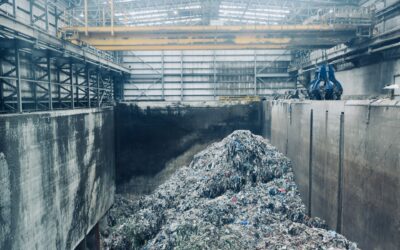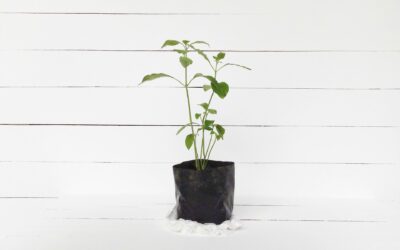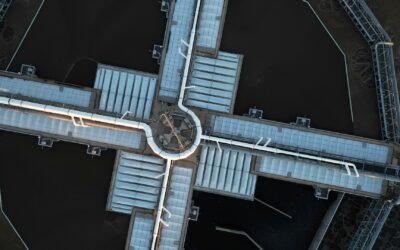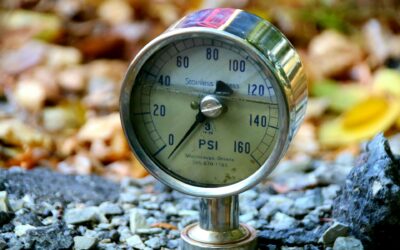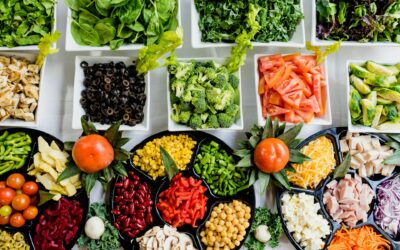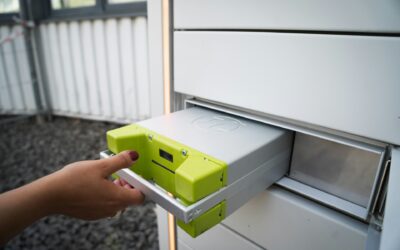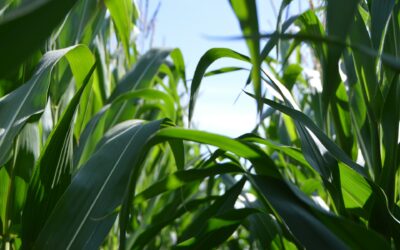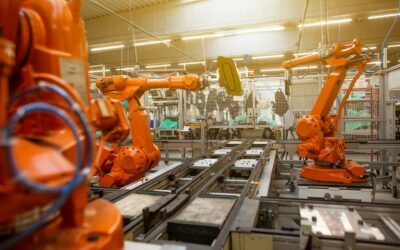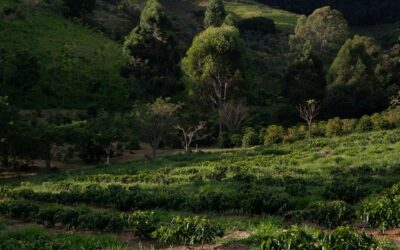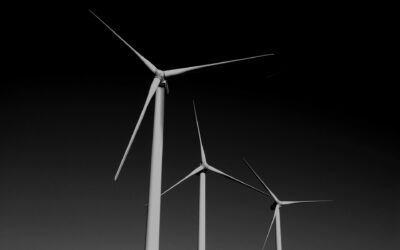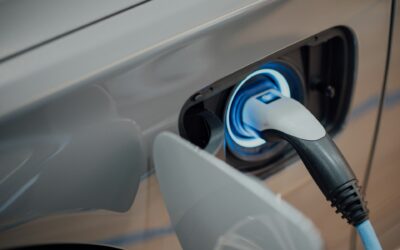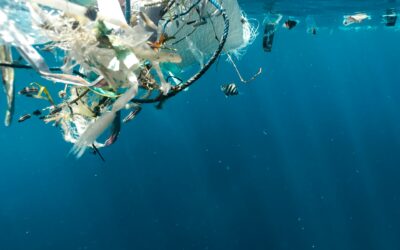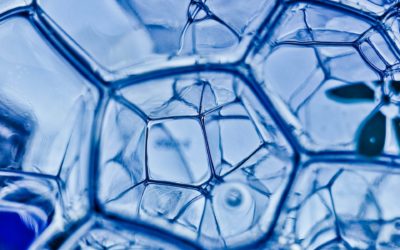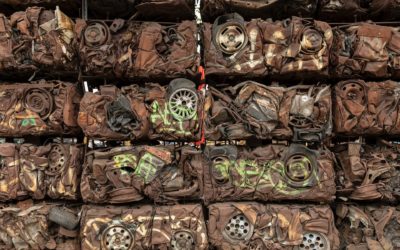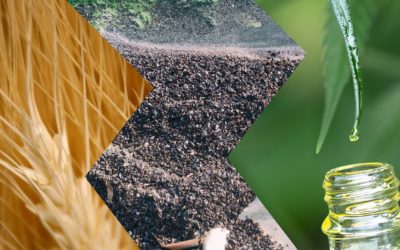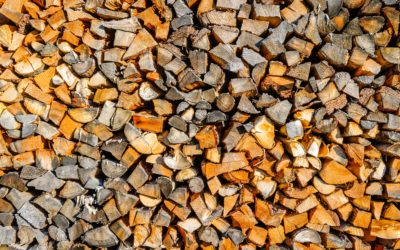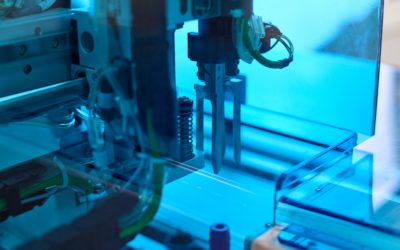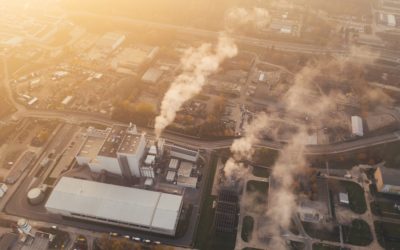CARTIF projects
Contribution to the substitution of fossil fuels by biofuels to help reduce global warming
Description
Biofuels offer greater energy security, lower greenhouse gas and particulate matter emissions, rural development, better vehicle performance and a reduction in the use of fossil fuels. The current situation, with a growing rate of use of biofuels as an alternative to fossil fuels, makes it necessary to know their characteristics; this is why CARTIF’s solid biofuels laboratory, through the purchase of various equipment thanks to this action, will play a very important role in advancing this knowledge, as it analyses all types of biomasses, such as wood pellets, wood chips, olive pits and fruit shells, among others, and is certified to analyse samples within the ENplus and Biomasud quality systems.
Objectives
- Acquisition and commissioning of new equipment.
- Deepen the knowledge of biofuels produced in Castilla y León and the rest of Spain.
- Expand the technological offer of the CARTIF laboratory, to reduce analysis times, which will translate into help for customers who can use the results either in the design of boilers, selection of biomass to use in the boiler, selection of biomass to use in the production of pellets, determining the type and frequency of maintenance to be performed on the boilers, and/or determining the process of ash and slag evacuation.
- Continue to make progress in the collection of information on biofuels in Castilla y León and, if possible, in other parts of Spain.
Activities
- Acquisition and commissioning of new equipment.
- Characterisation of new solid biofuels.
- Valorisation of organic waste for use as biofertilisers, raw material for biogas production processes or others.
- Possible characterisation of biomass from forest fires. This would allow acquiring new knowledge about them and their possible uses.
- Transfer of the knowledge acquired to companies established in Castilla y León.
Expected Results
- Obtain at least one private contract with a company of international prestige with facilities in Castilla y León.
- Transfer and dissemination of the new technology by participating in forums, congresses and events organised by regional and national sectoral associations; collaboration with research centres that carry out projects related to the use and exploitation of biofuels.
CYL Infrastructures 2022
Expediente: 2022 CCTT 12
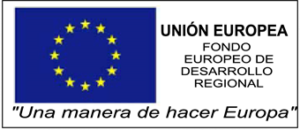
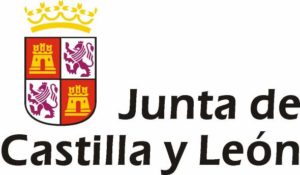

Total Budget: 178,775€
CARTIF Budget: 178,775 €
CARTIF Financing: 89,367.5 €
Duration: 19/09/2022 – 31/05/2023
Co-financed with ERDF funds contributing to Objective OT1 “Promote technological development, innovation and quality research” of the Castilla y León ERDF Operational Programme.
Responsible
Anabel Elisa Ruiz
Technical Laboratory Manager
Networking
CCTT Infrastructures:
ICARUS
ICARUS will represent a breakthrough in the research and demonstration of new technologies to upgrade Secondary Raw Materials ensuring similar quality as primary raw materials, of three waste streams to improve circular economy principles in several intensive industries with its implementation in the construction sector
Controlled Environment and Plant Health Pilot (PAC-SAVE)
CARTIF ProjectsPAC-SAVEControlled Environment and Plant Health PilotDescriptionCARTIF's PAC-SAVE project aims to develop a Controlled Environment and Plant Health Pilot to investigate the resilience of crops and forests to climate change. Through advanced technologies...
Waste treatment for energy and material recovery in industrial processes
Increase the extractability of protein sources and other compounds of nutritional interest, naturally present in by-products generated in the transformation processes of the food industry, through the use of “green technologies” of pre-treatment such as extrusion
High-pressure processes for the generation of high value-added products
Increase the extractability of protein sources and other compounds of nutritional interest, naturally present in by-products generated in the transformation processes of the food industry, through the use of “green technologies” of pre-treatment such as extrusion
Advanced technologies for the development and characterisation of 3S food: healthy, sustainable and safe
Increase the extractability of protein sources and other compounds of nutritional interest, naturally present in by-products generated in the transformation processes of the food industry, through the use of “green technologies” of pre-treatment such as extrusion
Lifetime characterisation, safety and recycling processes in batteries
CARTIF Projects Lifetime characterisation, safety and recycling processes in batteriesDescriptionThe general objective of this action is to develop technologies and strategies to improve the characterisation of the useful life of batteries, increase their safety and...
Study of the use of alternative protein sources from agro-industrial by-products.
Increase the extractability of protein sources and other compounds of nutritional interest, naturally present in by-products generated in the transformation processes of the food industry, through the use of “green technologies” of pre-treatment such as extrusion
Incorporation of new equipment and processes to improve the advance digital manufacturing laboratory
Acquisition of advanced technological elements to enhance rapid prototyping services, as well as to support specific developments in the challenging processes of creating objects that are not available on the market or are costly to produce in limited quantities.
Agrigenomics and next-generation sequencing technologies
Implement advanced solutions to solve various problems linked to the agro-forestry and food sectors in Castilla y León, such as soil degradation, low agricultural productivity or the incidence of pests and diseases
Study of the mechanical behaviour of recycled composite from the aeronautical industry and wind turbine blades.
Increase knowledge of the mechanical behaviour of recycled materials from the aeronautical industry and wind turbine blades.
Efficient recovery of metals from spent EV batteries
The project focuses on the recovery of critical metals present in the cathode of spent electric vehicle battery cells, through a more environmentally sustainable process, for their future reintroduction into the value chain.
PROBIO
The general objective of the PROBIO project is to work on broadening the spectrum of substrates that can be treated in fermentation processes for the production of renewable gases (biohydrogen and biomethane) and biocompounds of interest (volatile fatty acids).
Renewable hydrogen and natural gas production and storage
The project focuses on the development of an integrated process for the production of green hydrogen and hydrogen carrier molecules (energy carriers) for use as renewable fuels to replace current fossil fuels.
Sustainable process for the efficient recovery of metals from wasted electric vehicle batteries
Recovery of metal oxides present in the cathode of electric vehicle battery cells by means of hydrometallurgical and direct recycling processes.
Innovation in rapid methods for the detection of biomarkers of interest in agri-food, environmental health and biomedicine
Las líneas de investigación de CARTIF en calidad de aire interior y mejora de la calidad alimentaria buscan ir un paso más allá en las capacidades analíticas y experiencia que se tienen actualmente para trabajar en aplicaciones dentro de los sectores de la salud ambiental, la agroalimentación y la biomedicina.
Sustainable Biofuel Generation and Purification Process
The project is focus on the valorisation of agro-industrial organic residues for the production of biomethane, through anaerobic digestion processes. Also, the use of technologies for the treatment of gaseous and liquid streams will be based on membrane contactors and reverse osmosis membranes, respectively. On the other hand, pretreatment of samples with microwaves will also be studied.
New equipment in advanced digital manufacturing
This proposal focuses on the Fab LAb (Fabrication Laboratory) concept, which is a digital fabrication workshop for personal use, i.e. a space for the production of physical objects on a personal or local scale that brings together machines controlled by computers. Its particularity lies in its size and its strong link with society rather than industry.
Development of research lines on air quality and agro-ecological processes.
The research lines of AIR QUALITY and AGRO-ECOLOGICAL PROCESSES seek to achieve sustainable solutions to alleviate environmental problems such as poor air quality, urban green regeneration, environmental well-being in cities, management and restoration of urban watersheds, sustainability in the use of resources and energy in cities, conservation of urban ecosystems…
